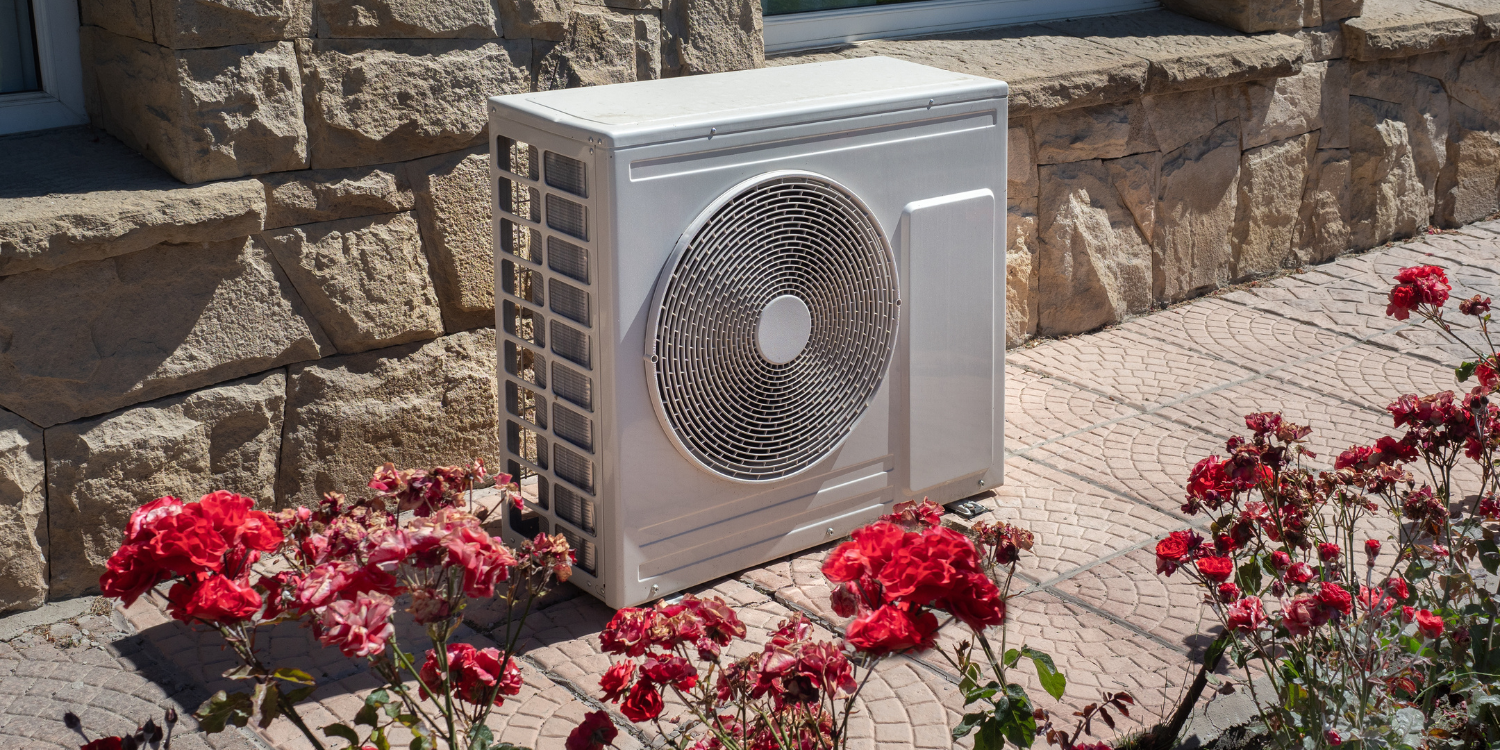
As the climate crisis continues to unfold, many are making the shift to more sustainable lifestyles. So why not start with your biggest home energy consumer? In this blog, we’ll explore eco-friendly HVAC options and answer some frequently asked questions.
What Is the Most Eco-Friendly HVAC System?
Geothermal heating systems are considered the most eco-friendly HVAC systems around. This is because they use the Earth’s stable underground temperature, instead of relying on fossil fuels, to provide efficient heating and cooling. Plus, despite a high initial installation cost, geothermal systems offer lower operational costs and a smaller carbon footprint, providing significant long-term savings.
Which HVAC Appliances Use the Most Energy?
When it comes to home comfort systems, traditional furnaces, and air conditioners use the most energy, especially if they are older models. These appliances will likely have a bigger impact on your monthly bills than your other power usage. By comparison, high-efficiency models like heat pumps and geothermal systems can reduce energy usage by up to 50%, offering significant savings and reducing environmental impact.
How Can I Make My HVAC More Sustainable?
To make more sustainable choices for your home, consider upgrading to high-efficiency systems or ones that utilize renewable energy sources like geothermal heating. Regular maintenance, including cleaning and servicing, can also enhance the efficiency of your system. Also, correctly sizing your HVAC system to your property can prevent unnecessary energy wastage.
Are New HVAC Systems Energy Efficient?
Yes, new HVAC systems are typically designed with energy efficiency in mind. High-efficiency furnaces, heat pumps, and geothermal systems can offer significant savings on energy bills while reducing your carbon footprint. These systems often come with energy ratings to inform consumers about their energy usage and efficiency.
So, even if you don’t have the means to install a whole geothermal loop system, you can rest assured knowing the newest furnace models burn much cleaner and more efficiently than those in the past.
What Are Three Environmentally Friendly Options to Heat Your Home?
These three home heating options are among the most eco-friendly systems available:
- Geothermal Heating: Geothermal heating, with or without heat pumps, is extremely efficient since it uses the Earth’s consistent temperature to move heat in and out of your home—no fossil fuels needed.
- Air-Source Heat Pumps: Heat pumps are incredibly efficient since they simply transfer heat to and from the outside air. If yours can be powered using renewable electricity (like solar), then you get even more sustainability bonus points.
- Hydronic Heating: Hydronic systems use a boiler and a series of pipes to distribute warm water throughout a home. Although most boilers are gas-powered, they are more efficient than air-based HVAC systems since they experience less heat loss.
Speak to a member of our team today to learn more about these eco-friendly HVAC systems and how you can upgrade your home with the latest technology!
Can I Improve the Efficiency of My HVAC System Without Buying a New One?
Absolutely! Regular maintenance, such as filter changes, duct cleaning, and professional servicing, can significantly improve the efficiency of your current HVAC system. Furthermore, ensuring proper insulation, using programmable or smart thermostats, and keeping vents unobstructed can enhance your system’s performance and lifespan.
How Efficient Is a High-Efficiency Furnace?
High-efficiency furnaces typically have an Annual Fuel Utilization Efficiency (AFUE) rating of 90-98%. This means they convert 90-98% of the fuel they consume into heat, making them significantly more efficient than older models. They also have features like sealed combustion and second heat exchangers that enhance their performance. In contrast, older furnaces typically have AFUE ratings under 70%.
What Benefits Does a Heat Pump Offer Over Traditional HVAC Systems?
Heat pumps are more energy-efficient than traditional heating and cooling systems as they transfer heat rather than generating it. They offer dual functionality, providing heating in the winter and cooling in the summer, which means you only need one system for year-round comfort. They’re also quieter, which may contribute to a more relaxing home ambiance.
Is Geothermal Heating Cost-Effective?
While geothermal heating systems have a higher upfront cost, they’re more cost-effective in the long run due to their lower operational and maintenance costs. Geothermal systems are also extremely durable, with a lifespan of up to 50 years, which is considerably longer (think: double) than most traditional HVAC systems.

Is Hydronic Heating Eco-Friendly?
Hydronic heating systems use hot water to heat your home, providing comfortable radiant heat. These systems are more energy-efficient than air-based systems and can help reduce your home’s overall carbon emissions. Plus, because hydronic heating doesn’t blow air around like forced-air systems, it can contribute to a healthier indoor environment by reducing allergens and dust.
Find Your Sustainable HVAC Solution at D&B ClimateCare
A transition to greener, more efficient heating and cooling is a significant step towards sustainable living. Not only can this reduce your environmental impact, but it can also provide long-term cost savings for your household.
At D&B ClimateCare, we’re here to guide you in making these informed choices. Contact us today to explore our wide range of eco-friendly HVAC solutions.






